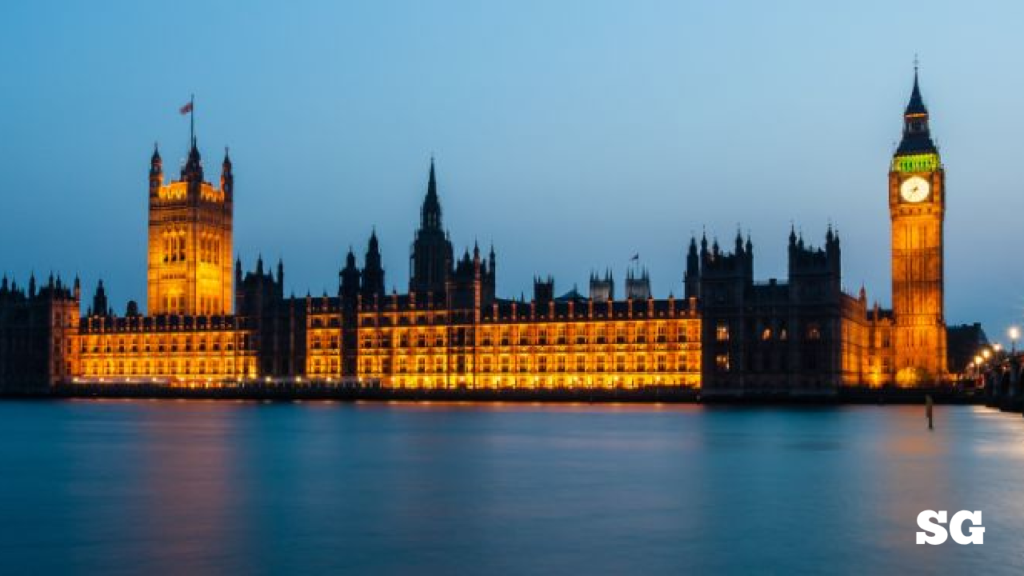Table of Contents

UK Lawmaker Proposes Bill to Reform Debt Restructuring for Poor Nations
Private Member’s Bill Targets Faster, Fairer Debt Deals
British Member of Parliament Bambos Charalambous has introduced a private member’s bill aimed at reforming the way sovereign debt restructurings are handled under English law. The proposal seeks to address the slow and complex processes that heavily indebted developing countries face when negotiating with private creditors.
Key Provisions of the Bill
The legislation would:
- Compel private creditors to negotiate in good faith and without delay.
- Allow debtor countries to freeze debt payments during restructuring talks.
- Enable a stay on legal proceedings throughout the negotiation period.
- Cap legal claims after a restructuring is finalized, reducing the power of holdout creditors.
Charalambous emphasized the potential value of the reforms, stating that successful implementation could free up billions of dollars for use in essential services like healthcare and education.
Wider Context and Legal Importance
The bill is significant because English law governs an estimated 90% of the bonds issued by the world’s poorest nations, including Ethiopia and Ghana. Along with New York law, it underpins most of the sovereign debt issued by developing countries on international markets.
As such, legal changes in these jurisdictions could have a global impact on how sovereign debt crises are managed.
Response and Political Outlook
Although Charalambous is part of the ruling Labour party, the bill has not yet received official backing from either Labour or the opposition Conservatives. However, interest among other lawmakers is growing, particularly following cuts in foreign aid by both the UK and the United States.
The Labour party may still be persuaded to support the bill, and some in government are reportedly studying its potential impact.
Debt Distress on the Rise
Since 2020, several developing nations—including Ghana, Sri Lanka, and Zambia—have defaulted on their debts due to the dual shocks of the COVID-19 pandemic and rising global interest rates.
While the G20 created the Common Framework to streamline sovereign debt workouts, its effectiveness has been questioned. Zambia’s debt restructuring, for instance, took over three years to finalize.
Holdout Litigation and Investor Response
In the current legal environment, creditors can sue in UK or US courts if a country defaults. Bondholders in Ethiopia have already signaled a willingness to pursue legal action, which could delay broader debt relief.
To preempt changes in the legal landscape, some emerging market investors are now including “jurisdiction-switch” clauses in new bond contracts, allowing them to move cases to jurisdictions less affected by future regulatory reforms.
Ongoing Pressure for Legal Reform
Despite no version of a similar New York bill making it to the governor’s desk, lawyers, investors, and debt campaigners on both sides of the Atlantic expect continued advocacy. Observers believe that some iteration of these reforms is likely to become law eventually, either in the UK, the US, or both.
“UK Lawmaker Proposes Bill to Reform Debt Restructuring for Poor Nations” “UK Lawmaker Proposes Bill to Reform Debt Restructuring for Poor Nations” “UK Lawmaker Proposes Bill to Reform Debt Restructuring for Poor Nations” “UK Lawmaker Proposes Bill to Reform Debt Restructuring for Poor Nations”